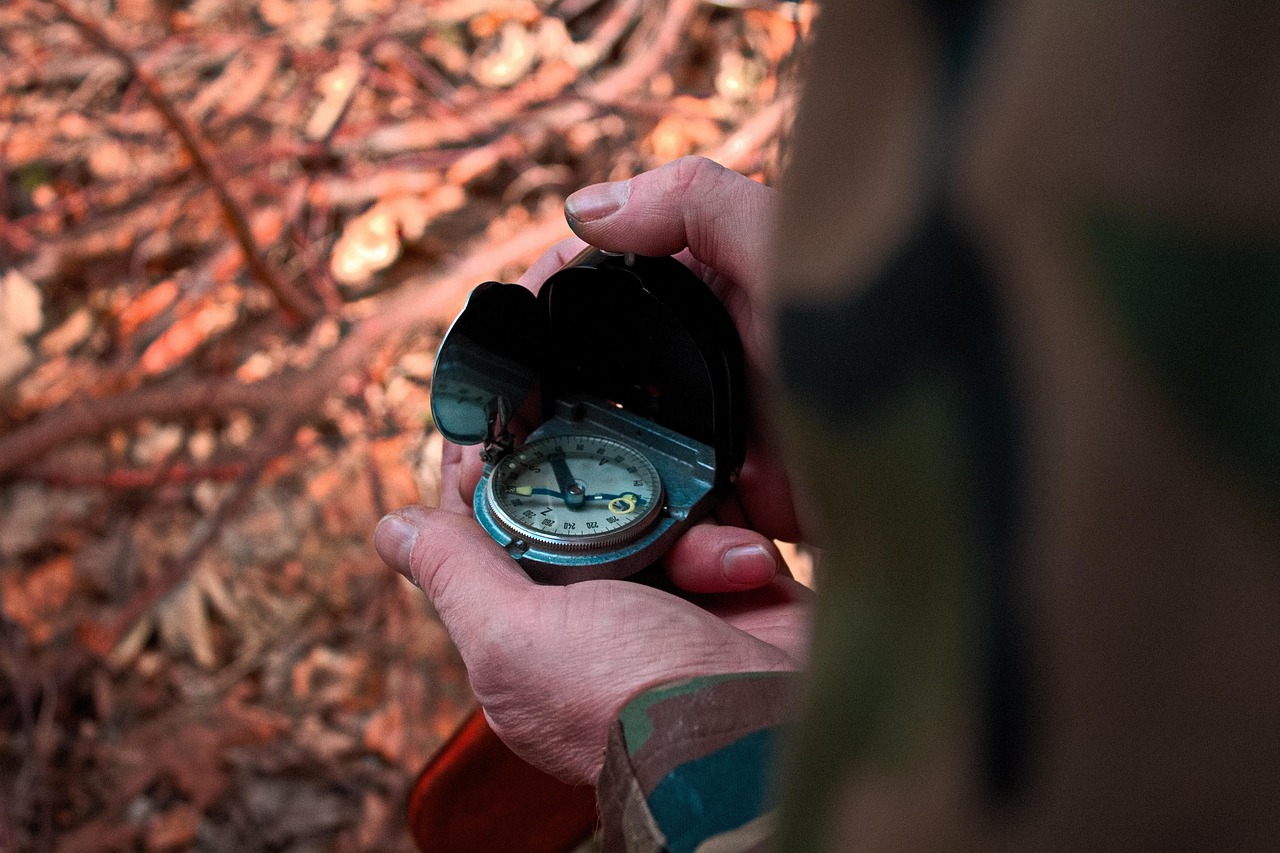“Simplicity isn’t about doing without — it’s about making space for focus, safety, and smart choices.”
— Bear Grylls, Adventurer & Author
When it comes to survival, food is important — but it’s not the first priority. Water, shelter, and warmth always come first. Most healthy people can go weeks without food, but only a few days without water. Once immediate needs are met, having a practical and efficient plan for food storage can make an enormous difference in both morale and long-term endurance.
In real emergencies, people often waste precious time and energy trying to find or prepare food they don’t immediately need. Knowing that the human body can safely go for extended periods on limited calories helps keep panic in check and allows you to focus on problem-solving and navigation rather than constant foraging.
That said, having a compact, long-lasting supply of essential foods can greatly improve comfort, recovery, and decision-making over the long term. The best survival rations are:
-
Lightweight and calorie-dense – providing steady energy without taking up much space.
-
Non-perishable and stable – able to be stored for years without refrigeration.
-
Simple to prepare – ideally ready to eat or easy to heat.
-
Balanced enough for basic health – offering fats, protein, and some fiber or greens when possible.
A practical long-term survival ration might include:
-
Jerky or dried meats – lightweight, high in protein, long shelf life.
-
Hard cheeses or waxed cheese blocks – calorie-dense and portable.
-
Salted or cured meats – can double as a cooking base or flavoring.
-
Cooking fats like butter, ghee, or oil – valuable for calories and meal prep.
-
Dried coconut, nuts, or nut butters – provide healthy fats and natural flavor.
-
Dried mushrooms, broth mixes, or soup powders – offer warmth, nutrients, and morale-boosting comfort.
-
Seasonings and coffee or cocoa – small items that make a big difference in mood and taste.
These staples are compact, affordable, and easy to rotate into regular use so nothing goes to waste. A seven-pound package of such rations can sustain one person for over a week — and longer if combined with foraging, fishing, or periodic fasting.
The Role of Fasting in Survival
Short-term fasting can actually help conserve resources and maintain mental clarity during times of scarcity. Once the body adjusts, energy levels often stabilize, and decision-making becomes clearer. Knowing that fasting is safe for most people (when water is available) can prevent panic when supplies run low.
Practical Takeaway
In any preparedness plan, focus on essentials that store well, pack light, and fuel clear thinking.
Long-term storage foods don’t need to be complicated or expensive — just stable, efficient, and easy to use when it matters most.
Key Priorities:
-Secure clean drinking water.
-Establish shelter and warmth.
-Rely on compact, calorie-dense foods for sustained energy.
-Remember: clear thinking and calm planning are your greatest survival tools.

